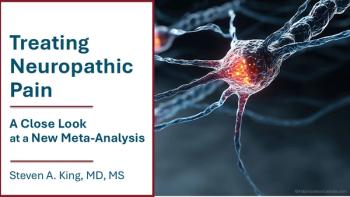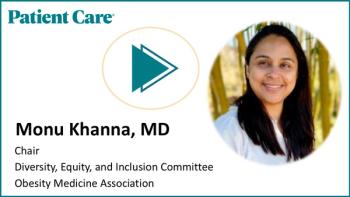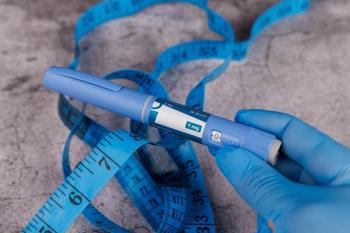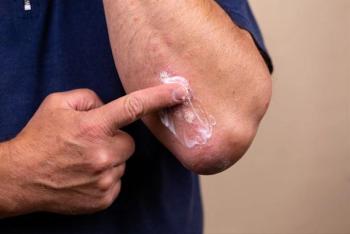
Digital latency measures enhance early detection of cognitive decline, revealing neurodegenerative changes before traditional tests indicate impairment.

Digital latency measures enhance early detection of cognitive decline, revealing neurodegenerative changes before traditional tests indicate impairment.

For the often treatment-resistant pain of neuropathic conditions, the meta-analysis includes updated evidence for both pharmacologic and neuromodulatory interventions.

FDA's Psychopharmacologic Drugs Advisory Committee will evaluate the novel brexpiprazole/sertraline combination, weighing efficacy against existing therapies amid mixed trial results.

Combined estrogen-progestin hormone therapy used to manage VMS of menopause was associated with a higher risk of developing luminal-like breast cancer subtypes and other subtypes.

Your daily dose of the clinical news you may have missed.

Dr Khanna urges early screening for cardiometabolic risk in patients with obesity and highlights the role of primary care in prevention and education.

Without a shift in the approach to disease prevention and management in the US, the health system won't be able to handle the burden of our morbidity, says Richard Rosenfeld, MD, MPH, MBA.

ENDO 2025. People with inconsistent access to GLP-1 medications still achieved clinically significant weight loss when therapy was combined with lifestyle changes and coaching.

ENDO 2025: The publications reflect growing consensus that integration of endocrine screening into standard clinical workflows is essential for early risk detection and long-term disease prevention.

Your daily dose of the clinical news you may have missed.

Individuals newly classified with obesity using the European framework were found to be overall sicker and at greater risk for mortality.

Obesity medicine expert Bonnet answers questions about the downsides of GLP-1 therapy for obesity management and how lifestyle medicine interventions will help.

Richard Rosenfeld, MD, MPH, MBA, led the development of lifestyle medicine guidelines to treat or even reverse prediabetes and type 2 diabetes.

The Danish study analyzed a nationwide cohort of 2.1 million children and found no association between aluminum exposure and allergic, autoimmune, or neurodevelopmental conditions.

Your daily dose of the clinical news you may have missed.

A new analysis of the CAHtalog phase 3 study showed approximately 95% of participants experienced either high glucocorticoid exposure or elevated androstenedione levels during treatment.

Monu Khanna, MD, discusses the benefits of behavioral strategies, including yoga, breathwork, and dancing, in reducing cardiovascular disease risk in patients with obesity.

GX-03 has proven effective in preclinical trials, reducing disease severity by more than 50% vs placebo. Data from the current study are expected by year end.

Maternal depression significantly disrupts parenting behaviors, impacting child development and emotional bonding, according to an updated international literature review.

Lead author for the American College of Lifestyle Medicine's new clinical practice guideline discusses the broad endorsement for the recommendations across participating groups.